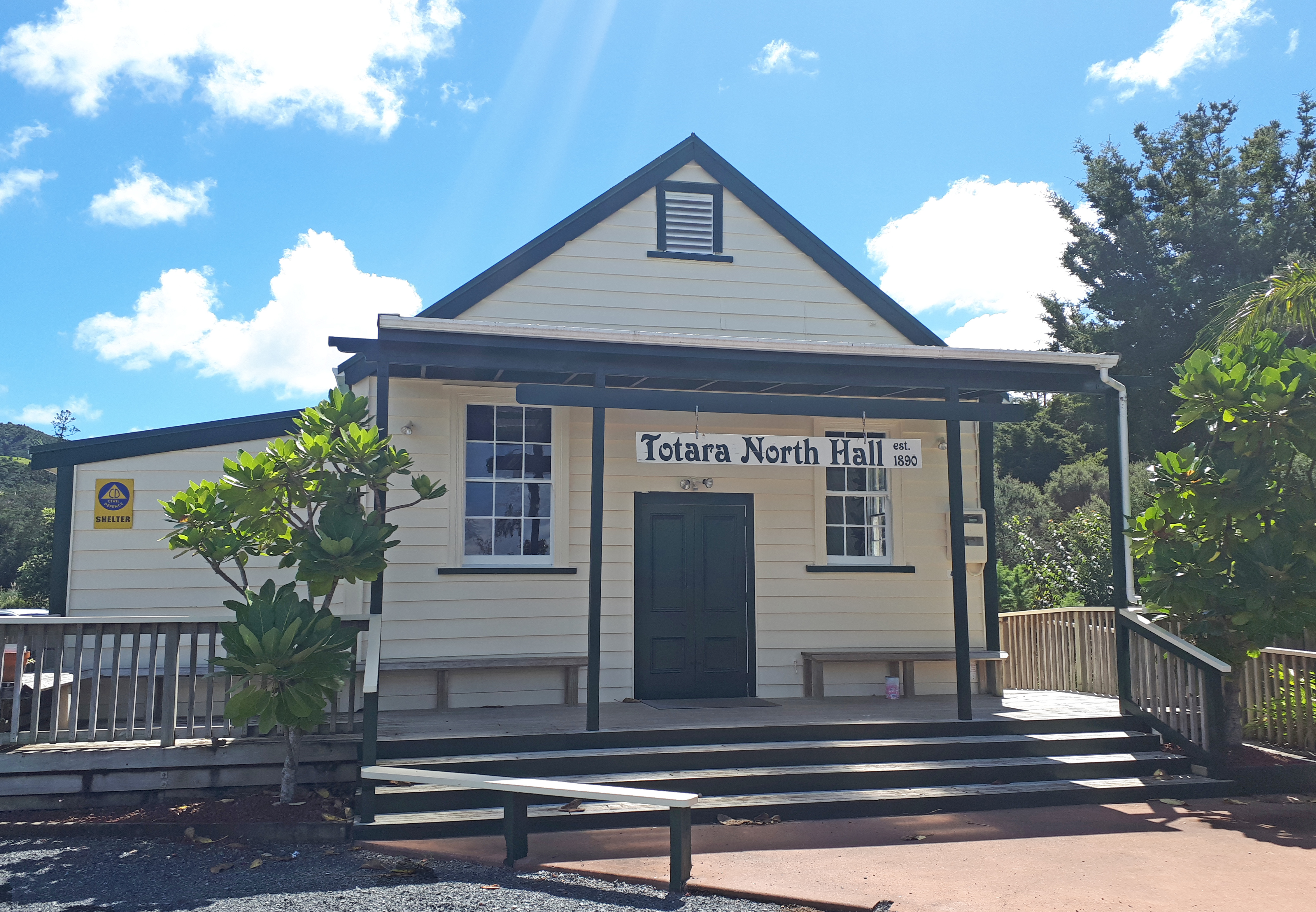Sustainable procurement to help build new playground
A playground to be built next to Tōtara North Hall later this year is just one example how the council’s focus on sustainable procurement is boosting the district’s social, cultural, economic, and environmental wellbeing.

A playground to be built next to Tōtara North Hall later this year is just one example how the council’s focus on sustainable procurement is boosting the district’s social, cultural, economic, and environmental wellbeing.
The goal of sustainable procurement is to ensure that wherever possible, council spending assists local businesses and the community, that materials are re-used, and that long-term environmental, economic, and social benefits are included in project decision making.
The Tōtara North community has led the playground project with assistance from Tōtara North Ratepayers Association, which worked with the council to source funding for the project through Bay of Islands-Whangaroa Community Board.
The goal is to re-use playground equipment no longer required at Kerikeri Domain, and to employ a Kāeo-based, Māori-owned construction business to relocate and install the equipment on council land behind Tōtara North Hall. Community board funding will cover the cost of preparing the site and installation of the equipment. During its 5 May 2022 meeting, Bay of Islands-Whangaroa Community Board allocated over $23,000 to the project.
Council Sustainable Procurement Advisor Suzy McCall says, “Sustainability can often seem like a ‘buzz word’. However, the Tōtara North project demonstrates that when a sustainability lens is applied to procurement, local businesses benefit, and positive outcomes flow out to the community.”
The council introduced its Sustainable Outcomes Framework and Strategy late in 2020. In less than two years, the council has engaged with numerous local businesses and encouraged them to complete processes to become a registered supplier, which makes it easier to access and apply for council work.
A key focus is on engaging Māori-owned businesses to target social and economic inequalities. A major win for the strategy was signing a kawenate (relationship agreement) in 2021 with Amotai, a national organisation that connects Māori and Pasifika-owned businesses with buyers of goods and services.
There is also a focus on improving environmental stewardship across the region, especially work to address climate change. The Tōtara North playground is one example of a conscious decision to re-use and re-purpose equipment that may otherwise have gone to landfill.
Tags: News story

